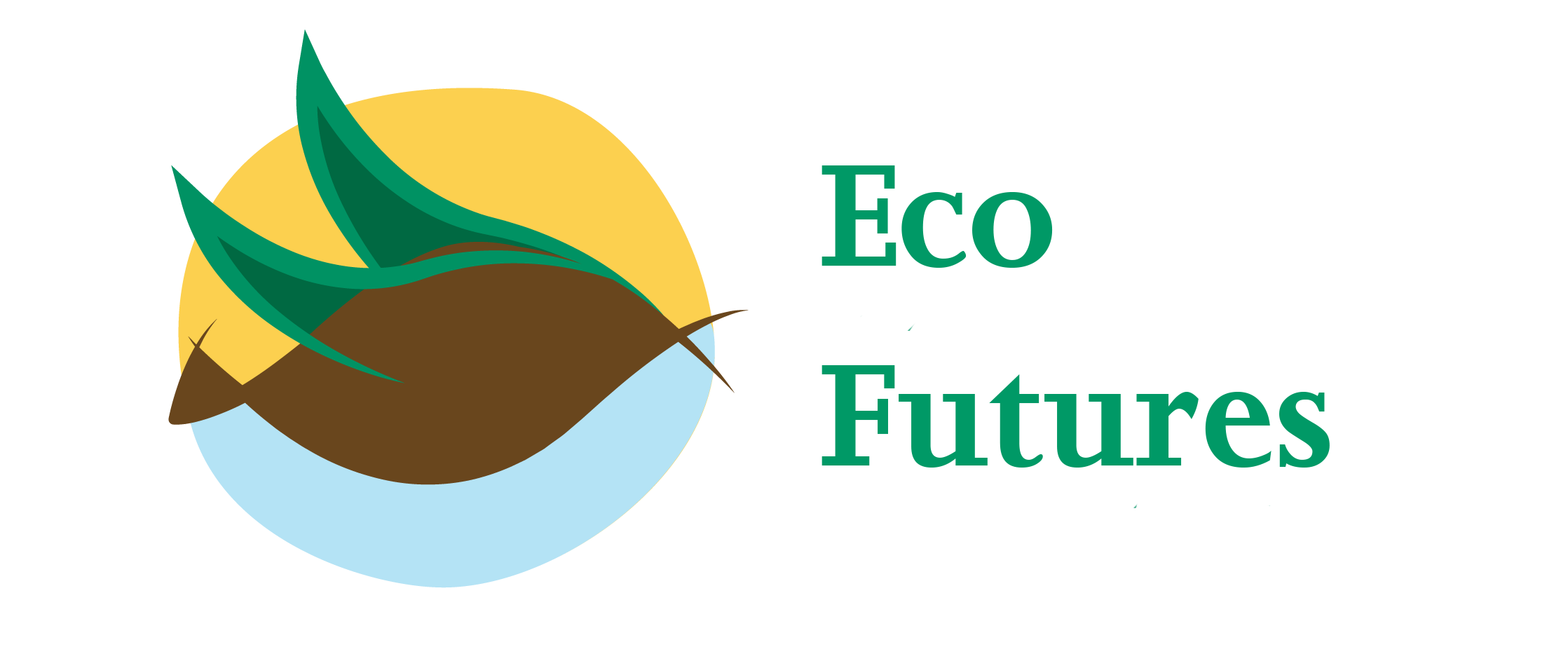EcoFutures: The Climate Justice Project
Today’s escalating climate chaos is intensified by global threats to democracy, violent backlashes to migration, and horrific biodiversity loss. Furthermore, environmental degradation is exacerbating existing inequalities, with poor and marginalized people bearing the brunt of crises they had virtually no hand in creating. Mainstream climate discourse often sees the most impacted people as disposable, or as victims to be saved by top-down interventions that maintain the same order that gave rise to the catastrophe. But truly useful engagement with the climate crisis must involve not only technology, but also alternate visions of social and economic arrangements, and different ways of thinking about the interrelationships of humans with the broader natural world. These fresh perspectives are likely to come from the marginalized and oppressed. Indigenous people, despite being less than 10% of the world’s population, protect 80% of its biodiversity, and have a long history of living with other species without destroying them. The “most vulnerable” often exhibit a remarkable capacity to survive, as well as creativity and adaptability under difficult conditions and scarce resources.
This project will look to people at the margins of the current global order, creating speculative fiction and nonfiction that imagines actionable, inspiring, bottom-up solutions and adaptations in the face of a world dangerously in flux. We will feature speculative fiction stories by authors from a diverse range of backgrounds — plus a number of short essays, manifestos, and works of creative nonfiction. Our fiction authors will craft their visions of the future in collaboration with scholars and activists, grounding their work in the latest thinking about technology, politics, sociology, philosophy, culture, legal theory, and more.
The EcoFutures project is supported by CoFutures at the Department of Culture Studies and Oriental Languages, University of Oslo, and the Center for Science and the Imagination, Arizona State University.
Acknowledgements: The EcoFutures logo has been designed by Venkatesh Lakshmi Narayanan.
